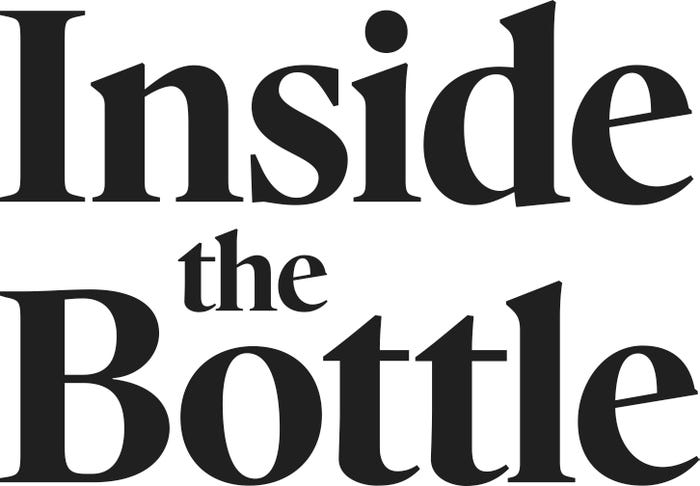
Companies from across the supplement supply chain advocate for a transparent industry and empower consumers to take control of their health. We tell the supplement industry’s story through content, research and education-based events.
A passion for quality
Sabinsa brings supply-chain best practices to the forefront of the supplement industry.
October 30, 2018

Sponsored Content
While the spotlight has often fallen on dietary supplement companies that are less than perfect, consumers and retailers are recognizing companies that have built their models on quality, transparency and sustainability. “Manufacturers doing things right are creating safe and beneficial products sustainably, and following ethical best practices,” says Shaheen Majeed, president at Sabinsa Worldwide. "As we continue to do the right things and be transparent about it, consumers are accessing information made available by manufacturers.”
While ingredient suppliers were once able to hide in the shadows of brands and manufacturers, social media and the internet has made this increasingly difficult. This isn't a problem for Sabinsa, however, as transparency, science and research have been instrumental in the company’s success. The New Jersey-based supplier, manufacturer and marketer of botanical extracts and branded ingredients was founded by Majeed’s Indian-born father, Muhammed Majeed, PhD. As a US-educated industrial pharmacist who once worked at Pfizer, Majeed’s dad launched Sabinsa as a generic pharmaceuticals company. But when a major fraud and corruption scandal halted operations at the FDA’s generic drugs division, the company switched gears. Dr. Muhammed Majeed started receiving requests for plant-based ingredients from India, and that line of business took off. Now, 30 years later, the company has created a vertically integrated system that starts with its farmers in India in order to control the quality of its turmeric, Coleus forskohlii, black pepper and other ingredients.
Companies that continue to transparently follow and champion best practices for their consumers, in addition to suppliers who continue to expand scientific knowledge, all help to advance the industry’s reputation.
Not surprisingly, with Muhammed Majeed’s strong scientific background, the company’s reputation for quality is built on testing, science and research, including state-of-the-art testing for ingredients and investments in research to develop branded ingredients. “Sabinsa’s curcumin brand, Curcumin C3 Complex, is an incredible story, today standing as the leading curcumin brand with the most number of clinical studies. The promise of that brand was to deliver 95 percent curcuminoids, each and every time, consistently, in a clean transparent manner,” says Majeed. “Today, with each batch of Curcumin C3 Complex undergoing synthetic drug testing to ensure our customers that what they are getting is natural and not of synthetic origin, the brand is rewriting the story of curcumin and carrying forward this responsibility into the future."
Clinical studies emphasizing the safety and efficacy of any ingredient should be part of a brand's marketing strategy, says Majeed, who adds that the company also encourages its manufacturing partners to visit the Sabinsa facilities in India. “An on-site audit does much to solidify the relationship between a supplier and a brand, and motivates them to convey sourcing efforts in their branding.” The company is also willing to share company information to consumers and manufacturers via its website, white papers, eGuides, videos, infographics and presentations at trade shows and conferences. “Consumers want to know where ingredients come from, and if they can trust them. This has been very good for companies like Sabinsa,” says Majeed.
These days, knowing where ingredients come from includes taking a closer look at labor and sustainability practices. Sabinsa’s strong commitment to plant-based ingredients has made sustainability a core company tenet. Aware of the vulnerability of crops, especially to weather and climate change, the company has bought some land of its own in India. Additionally, the farmers they work with have been introduced to new farming technologies, financed irrigation systems and sustainable holistic agriculture methods. “A factor that plays a role in self-regulation is inadequate natural resources. Prompted by concerns about sustainability of raw material supply, it is very important that industry follows a self-regulation model to promote sustainable practices. Sabinsa has an extensive cultivation program focused on sustainable supply of high-quality raw materials that incorporate fair trade practices,” Majeed outlines.
Ultimately, Sabinsa notes that doing the right thing not only helps the business but helps the industry at large. In turn, this helps to change the overall focus on dietary supplements from what is not being done right, to all the positive benefits that the industry has to offer. “Companies that continue to follow and champion best practices, and communicate those to consumers, and suppliers who continue to expand the body of science, all help to advance the industry’s reputation.”
Read more about:
Sponsored ContentYou May Also Like